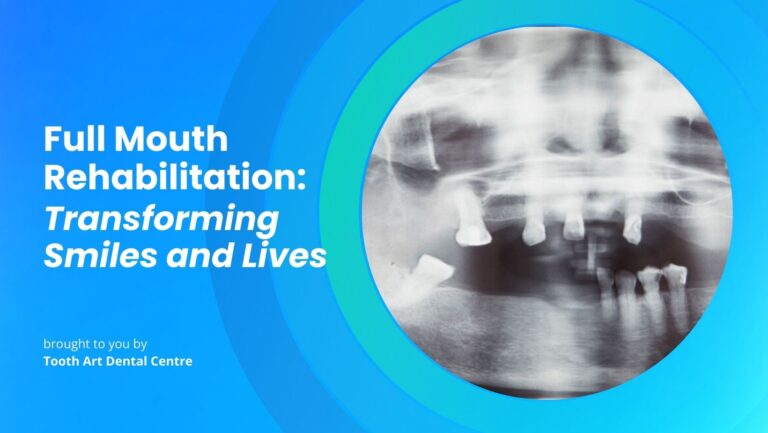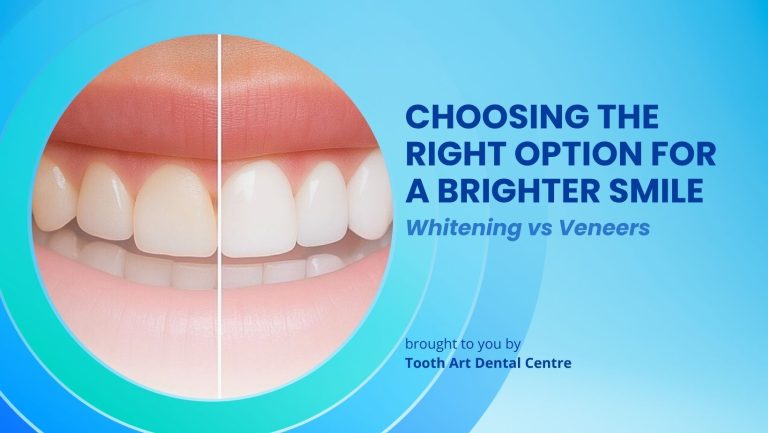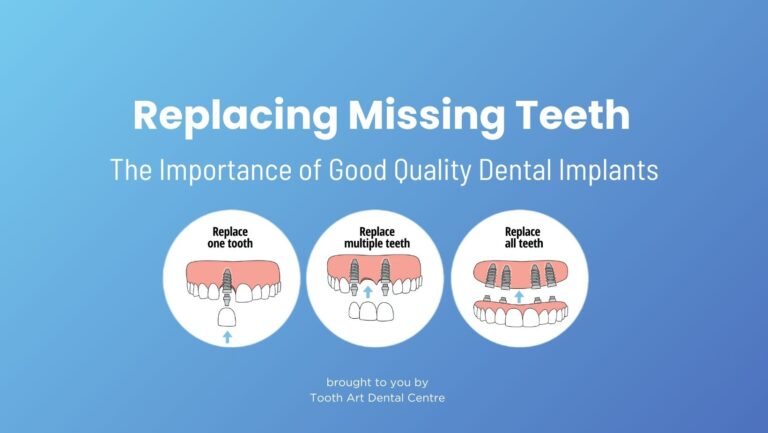Dental Crowns: The Key to Achieving a Perfect Crown Fit
Dental crowns offer an effective way to restore damaged or weakened teeth, improving both functionality and aesthetics. However, not all crowns are the same. Choosing the right type of dental crown involves understanding the balance between appearance, durability, affordability, and fit. In this part two of a two-part series article, we’ll break down the main types of crowns and discuss what factors contribute to a great fit and a crown’s cost-effectiveness.
Understanding Affordability: Finding a Crown Within Your Budget
The cost of a dental crown can vary widely depending on the type of material used and the complexity of the procedure. Here’s a quick look at how each type ranks in terms of affordability:
- Composite Resin Crowns: Generally the most affordable, resin crowns work well for temporary solutions or for those on a budget. However, they may need replacement sooner due to lower durability.
- Porcelain-Fused-to-Metal (PFM) Crowns: PFM crowns offer a good blend of durability and affordability, making them suitable for both visible and functional teeth. They typically cost less than all-porcelain or zirconia crowns while still providing strength and aesthetics.
- Porcelain Crowns: Though slightly more expensive than PFM, all-porcelain crowns provide a natural look, making them ideal for front teeth. Their higher cost reflects their aesthetic appeal but is worth considering if appearance is a priority.
- Zirconia Crowns: Known for their durability and natural look, zirconia crowns tend to be on the higher end of the price scale. While the upfront cost is higher, zirconia’s long-lasting properties can be cost-effective in the long run.
- All-Metal Crowns: Typically less costly than zirconia and all-porcelain options, metal crowns (often gold or metal alloys) are durable but not ideal for visible teeth. They provide good value for back teeth where strength is essential.
While affordability is an important consideration, remember that the right crown is an investment in your dental health. Opting for a slightly more durable or natural-looking crown may reduce the need for future repairs or replacements, making it a cost-effective choice over time.
The Key to a Perfect Fit: What Makes an Excellent Crown Fitting?
An effective dental crown is not only about the material – its fit can make or break the restoration’s success. Here are some factors that contribute to an excellent crown fitting:
- Precision of Dental Impressions: A well-fitting crown begins with an accurate dental impression or digital scan. This mold is used to create a crown that closely matches the natural contours of the tooth, ensuring a snug fit with minimal gaps.
- Quality of the Laboratory Craftsmanship: The skill and precision of the dental lab crafting the crown play a crucial role. Crowns made in advanced labs often have a higher degree of accuracy, providing a better fit and reducing the need for future adjustments.
- Skill of the Clinician: A highly skilled dentist will ensure the crown is placed correctly, adjusting the fit for comfort and alignment with your bite. A well-fitted crown should feel natural, not interfere with chewing, and prevent bacteria from entering any gaps.
- Material Selection: Different crown materials behave differently in the mouth. For example, zirconia and metal crowns can be slightly more resistant to wear, which may impact their fit over time. Your dentist will consider both the material’s behavior and your specific dental needs to recommend a crown that maintains its fit for the long term.
- Proper Bonding Technique: Finally, how the crown is bonded to the tooth is crucial for ensuring longevity and stability. Using high-quality bonding materials and techniques, your dentist will secure the crown, minimizing the risk of shifting or loosening over time.
Choosing the Right Crown for You
Choosing the ideal dental crown involves balancing durability, appearance, cost, and fit. Porcelain and zirconia crowns are ideal for those who prioritize aesthetics, while metal or PFM crowns may suit those needing strength and cost-effectiveness. A well-fitting, quality crown helps you avoid complications down the road, such as discomfort or future decay under the crown.
At Tooth Art Dental Centre, we’re dedicated to helping you find the crown that meets your needs, budget, and lifestyle. Contact us for a discussion with our restorative dental specialist to find out which type of crown might be the perfect fit for your smile. Whether you need a durable option for chewing or a beautiful restoration for a front tooth, our team is here to help you achieve lasting dental health and comfort.







